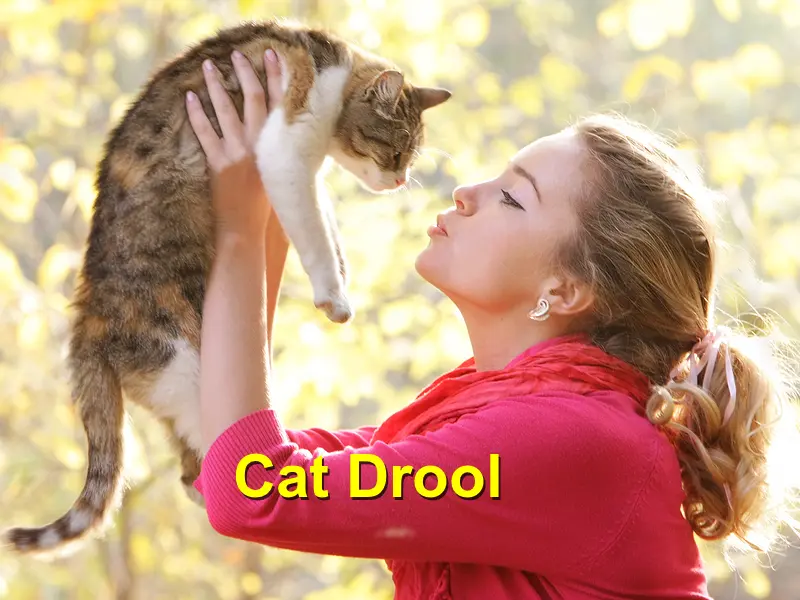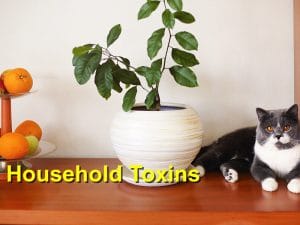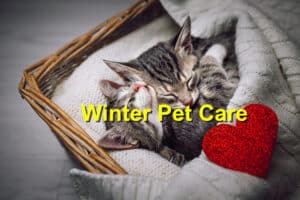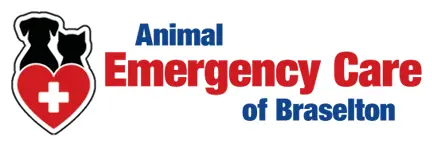Why your cat drools and how to deal with it
Your feline friend does not drool as much as the dog might, but at any given moment you can notice extra saliva on its mouth once in a while. Even after offering your cat something delicious, it will not salivate or drool. Drooling in cats can also be short-term or long-term; either way, if you notice any signs of slobbering on your feline friend, be sure to visit us for a full diagnosis.
To keep you informed, here are a few reasons why cats drool and the best way to handle the situation.
Short-term reasons
Short-term drooling in cats is not as severe as its long-term counterpart. As such, the former is manageable and might not require a visit to our clinic, unless the situation worsens. Short-term cat drooling can be caused by fear, car sickness, extreme excitement or even petting (occasionally). In other instances, your feline friend can drool before coughing up a hairball.
The drooling often fades with time but if it gets out of hand to be sure to visit our clinic for medical assessment.
Dental disease
Dental issues in a cat can go undetected until it is too late. Most pet owners only notice the discomfort in their cat’s mouth once the drooling becomes excessive. The most common oral ailments affecting cats include gum disease, infections, tooth injuries, and even mouth ulcers. We can conduct an oral exam on your cat to help cure any dental disease and alleviate the pain; visit us today.
Trauma
Cats might be nimble, but they often get caught up in the worst situations. The trauma that follows after getting hit in the jaw by another cat or chewing on an electric wire can cause a cat to drool excessively. Even with no visible sign of oral damage, visit us today for professional care for your feline. Cats are exceptionally good at hiding ailments.
Problems swallowing
Your cat might accidentally swallow a toy or string, which can get stuck under its tongue. In such an instance, you can remove the object from the cat’s mouth. Contact us for professional assistance regarding the same. More so, your cat might have ingested something gross that needs to be spat out.
Conclusion
Cats also produce excessive saliva during a heatstroke or when developing respiratory conditions. As aforementioned, your cat is the best at hiding discomfort or diseases. As such, never downplay excessive drooling as it can be a symptom of a dangerous illness. Contact us if in need of any veterinary assistance regarding drooling in cats.
Sources
https://www.cathealth.com/cat-health/digestive-system/1293-cat-drooling
https://www.petmd.com/cat/general-health/why-my-cat-drooling#





